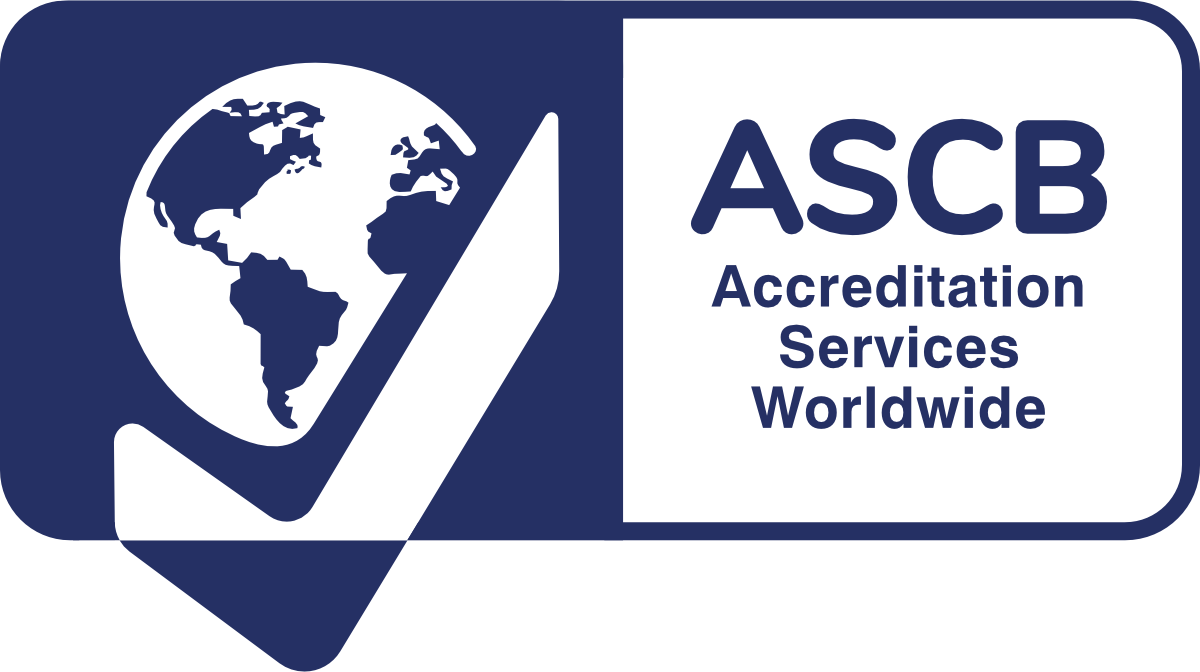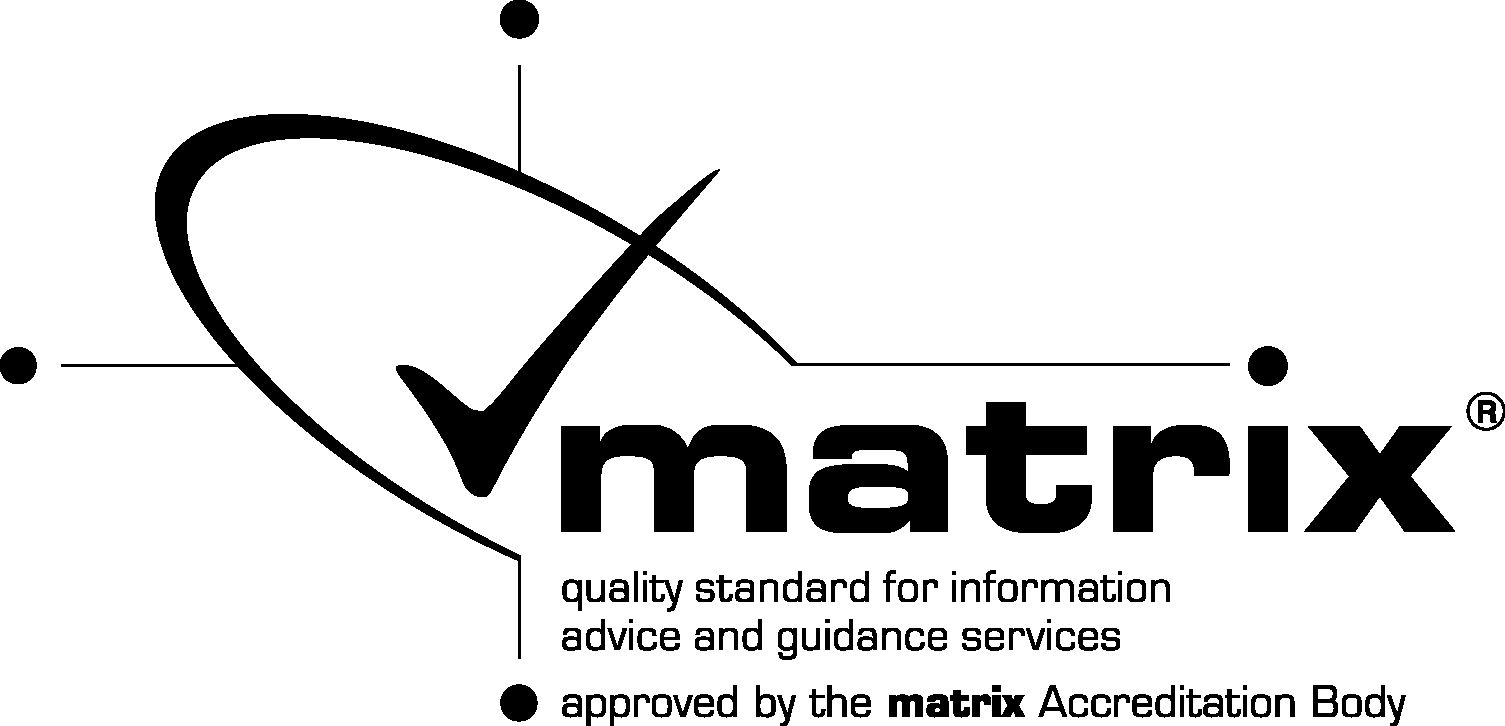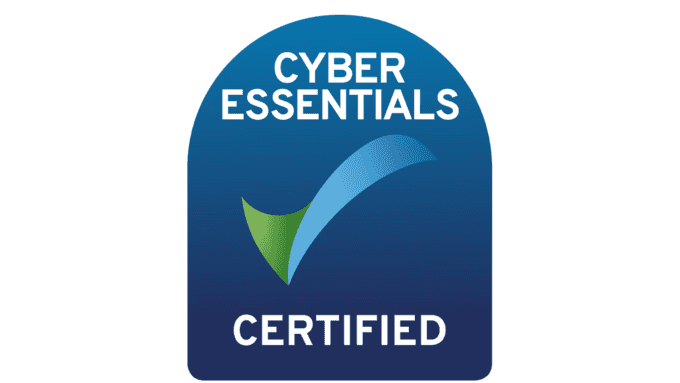News Article
The ESFA are listening
The ESFA (Education and Skills Funding Agency) rulebook, is a document that outlines the regulatory and operational framework for educational institutions and organisations in England that receive funding from the Government for education and training programmes. Covering a wide range of topics such as financial management, compliance standards and eligibility criteria, the handbook is there to guide providers and employers as they support apprentices across the UK. However, due to the dynamic nature of the Education sector the ESFA reviews the handbook and feedback given by stakeholders and changes the document every year, and as of the beginning of August 2023, they have released the new version that will affect apprentices starting their courses between 1st August 2023 and 31st July 2024.
With stakeholder feedback laying the foundation for these new rules, the ESFA (Education and Skills Funding Agency) have showed training providers and employers that they are listening. After complaints about the complexity of three different rule documents, the new handbook is now only one document long, combining the rules for main provider, employer-provider, and employers. With the combination of all three, the duplication of rules has been eliminated under careful review and the wordcount has seen a 30% reduction compared to the previous main provider rules.
The simplification of not just the rules but of the document itself and the language, shows the commitment to supporting providers with high-quality apprenticeships. One of the more commendable changes from the ESFA, is the urge for inclusivity of the Employer throughout their apprentices learning journey, making reviews and progress reports more accessible. This shift demonstrates an understanding of the pivotal role that employers play in shaping an apprentice’s experience and success, leaving in the past the days in which they were just passive recipients of apprentice graduates.

But what else is new? See below for the new rules and new tools on offer for providers this educational year.
- The evidence requirements:
Previously clumped at the end, the ESFA have prevented skim reading this time round by scattering them throughout the document. By forcing readers to look through the whole handbook rather than jumping to the end, the ESFA can be assured that every rule has been thoroughly read and adhered to.
- The timetable change in active learning
Previously, active learning sessions were conducted at 28-day intervals, however, the revised approach necessitates a minimum of once within each calendar month. This adjustment, though seemingly small, holds transformative implications. Specifically, this adaption ensures that intervals between these educational engagements are confined to a maximum duration of approximately 7-8 weeks, with the potential to reduce the annual mandatory interaction count from 13 to 12.
The change in timetable stems from the goal to enhance flexibility, particularly for sectors such as hospitality and retail whose apprentices get swamped during peak periods such as Christmas. Consequently, this adjustment minimises administrative intricacies, enabling a heightened emphasis on the delivery of superior-quality training.
- Break In Learning
As of the new handbook, if there is no active learning for the entire calendar month during the practical period, you must call a break in learning (BIL). Providers and the ESFA are hoping that the switch from 28 days to calendar months should mean fewer random BILs – less BILs mean less apprentices dropping off their course.
- Progress Reviews
Progress reviews will be happening at least four times a year for Apprentices enrolled from August 2023. The aim is every 12 weeks, but if there is a suitable reason backed up with evidence (i.e module length) this can be changed. This new change means adapting progress reviews to the training rather than setting fixed dates that interfere and don’t always make sense.
In essence, whilst it is the norm for providers, employers and employer-providers to wait in anticipation every year for the rulebook for the upcoming educational year, it is safe to say that the 2023/2024 has made an even more significant impact due to the simplification of the document, the rules and the language. The ESFA are listening to the feedback, and whilst this handbook has us all excited we will see how it plays out over the course of the next year.


 GOVERNANCE OFFICER LEVEL 4
GOVERNANCE OFFICER LEVEL 4
 Skills Bootcamp In Quality Management
Skills Bootcamp In Quality Management









